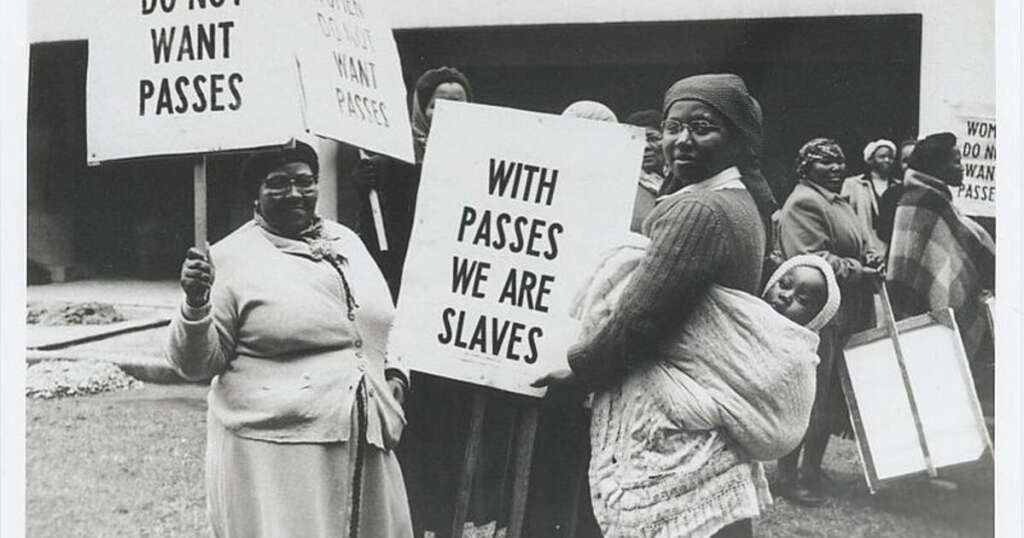JOIN OUR WHATSAPP GROUP. CLICK HERE
Beneficiaries of Racism in Germany and South Africa: A Comparative Analysis
Beneficiaries of Racism in Germany and South Africa: A Comparative Analysis In both Germany and South Africa, racism has a long history and is ingrained in both societies. Despite the fact that both nations have made great achievements in the direction of racial equality and inclusion, it is important to acknowledge the numerous ways that some groups have profited historically and currently from racism. We may learn more about the factors that continue to support inequality and take steps to eliminate them by looking at the victims of racism in South Africa and Germany.
Historical Context of Racism in Germany and South Africa
Germany and South Africa have different historical contexts that have shaped the nature of racism in each country. In Germany, racism was prominent during the era of National Socialism and the Holocaust, while in South Africa, it was institutionalized through apartheid, a system of racial segregation and discrimination.
National Socialism and the Holocaust in Germany
National Socialism, or Nazism, was a political movement in Germany that led to the rise of Adolf Hitler and the Nazi Party. This movement was marked by extreme nationalism and antisemitism. The Holocaust, which took place from 1941 to 1945, resulted in the systematic genocide of six million Jews, as well as millions of other minority groups, such as Romani people, Poles, and LGBTQ+ individuals. Non-Jewish Germans, particularly those who identified as Aryan, were the primary beneficiaries of this racist ideology.

Apartheid in South Africa
Apartheid, which lasted from 1948 to 1994, was a system of institutionalized racial segregation and discrimination in South Africa. The system was designed to maintain white minority rule and suppress the rights and freedoms of the non-white majority, primarily black South Africans. The primary beneficiaries of apartheid were white South Africans, who held political power, economic control, and social privilege.

Beneficiaries of Racism in Germany and South Africa
Beneficiaries of Racism in Germany
Economic Beneficiaries
During the Nazi era, many non-Jewish Germans benefited economically from the persecution and exploitation of Jews and other minority groups. Jewish-owned businesses were confiscated and either redistributed to non-Jewish Germans or sold at a fraction of their value. This allowed non-Jewish Germans to accumulate wealth and property at the expense of persecuted minorities.
Political Beneficiaries
The Nazi Party and its supporters benefited politically from the racist ideology they propagated. By scapegoating Jews and other minority groups, they were able to consolidate power and control. Furthermore, the persecution of minority groups served to distract the population from the economic hardships Germany faced at the time, allowing the Nazi Party to maintain its grip on power.
Beneficiaries of Racism in South Africa
Economic Beneficiaries
Under apartheid, white South Africans benefited economically through the exploitation of cheap black labor and the control of valuable resources. The system of segregation limited black South Africans’ access to education and high-paying jobs, ensuring that white South Africans maintained economic dominance. This racialized division of labor allowed white South Africans to accumulate wealth at the expense of the black majority.
Political Beneficiaries
The apartheid government and its supporters benefited politically from the system of racial segregation. By enforcing strict racial divisions, the apartheid government maintained control over the black majority and suppressed any opposition to white minority rule. Additionally, the apartheid government used racist propaganda to maintain popular support among white South Africans, ensuring the continued stability of the apartheid system.
Legacy of Racism and Ongoing Struggles
Despite significant progress towards racial equality in both Germany and South Africa, the legacies of racism and discrimination continue to shape these societies. In Germany, there has been a resurgence of far-right movements and hate crimes targeting minority groups. Similarly, South Africa continues to
grapple with high levels of inequality, poverty, and racial tensions. The beneficiaries of racism in both countries still enjoy advantages that perpetuate the racial divide.
Germany’s Ongoing Struggles
In Germany, the legacy of the Holocaust and the broader history of racism have left lasting scars on the nation’s psyche. The rise of far-right movements and increased incidents of hate crimes against minority groups are evidence of the ongoing struggle to confront and combat racism. Xenophobia, particularly against immigrants and refugees, is another manifestation of racism in contemporary Germany. Many Germans who benefited from racism in the past continue to enjoy social and economic advantages, perpetuating inequality and tensions between different ethnic groups.
South Africa’s Ongoing Struggles
In South Africa, the legacy of apartheid continues to shape the country’s social, economic, and political landscape. Despite the end of apartheid in 1994, South Africa remains one of the most unequal societies globally, with significant disparities in wealth, education, and access to resources between racial groups. The white minority still enjoys many advantages, including higher levels of education and wealth, and better access to healthcare and housing. The enduring impact of apartheid contributes to ongoing racial tensions and a struggle for true equality in South Africa.
How to Pass History Grade 12 with distinctions
One of the most significant accomplishments in your academic career is passing matric. It provides access to a wide range of post secondary options and employment possibilities. Use our best study advice to complete your matriculation, and you’ll succeed with flying colors.
READ => How to get your matric results step by step
- Attend class
- Ask questions
- Make notes
- Study
- Practise
- Study groups
- Extra class
- Motivation
- Complete assessments
- Prepare for the Exams in due time
Download Past Exam Papers & Memo per Province
- Department of Basic Education Grade 9 Exams
- Eastern Cape Papers and Memorandum
- Free State Papers and Memorandum
- Gauteng Papers and Memorandum
- KwaZulu-Natal Papers and Memorandum
- Limpopo Papers and Memorandum
- Mpumalanga Papers and Memorandum
- Northern Cape Papers and Memorandum
- North West Papers and Memorandum
Western Cape Papers and Memorandum
Wrap Up
To address the ongoing effects of racism in both Germany and South Africa, it is crucial to comprehend the recipients of racism in both nations. It is critical to understand that the benefits and privileges accrued as a result of racist beliefs and practices still exist and continue to influence social, economic, and political dynamics. Societies may fight to destroy the systems that uphold inequality and aspire to a more equitable and inclusive future by recognising and challenging these past and present racist beneficiaries.
JOIN OUR TELEGRAM CHANNEL. CLICK HERE

Be the first to comment